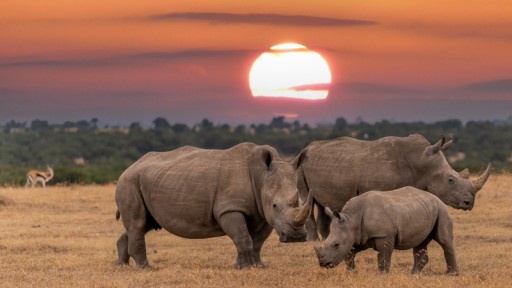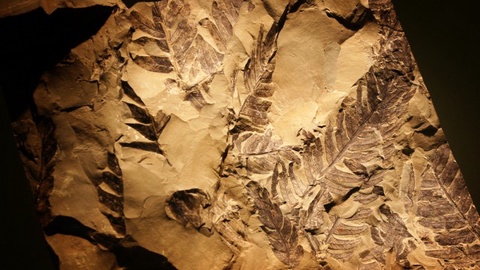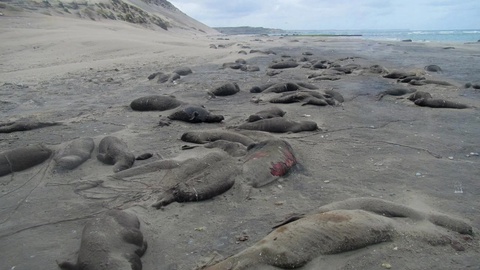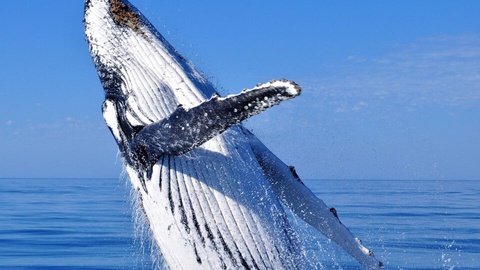Scientists explain that these animals are especially vulnerable to extreme heat due to the fact that they do not sweat. In order to cool down, they go into the shade or into the water.
Scientists predict that most, if not all, rhinoceroses on the planet will be negatively affected by climate change in one way or another. This is why it is critical for conservationists to conduct macroecological studies of large areas to observe current trends and model future ones for the most vulnerable individuals. This is necessary to be prepared to minimize the impact of global warming and biodiversity loss.
Nowadays, there are about 10,000 white rhinos on Earth, and about 3,100 black rhinos.













